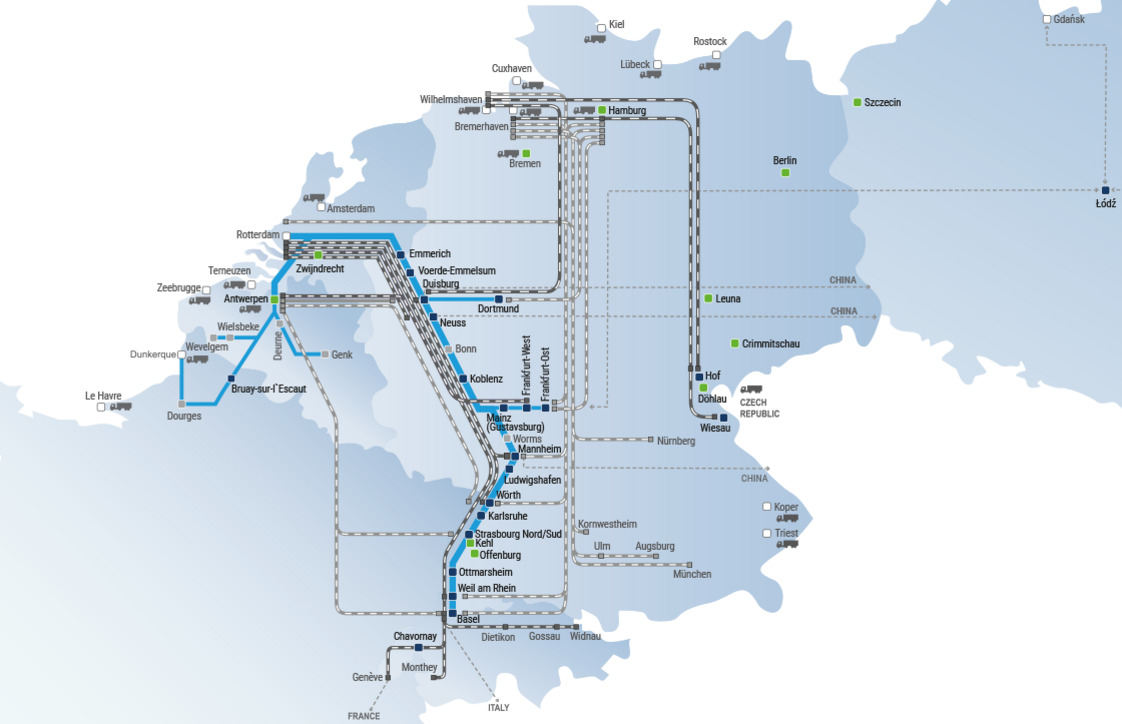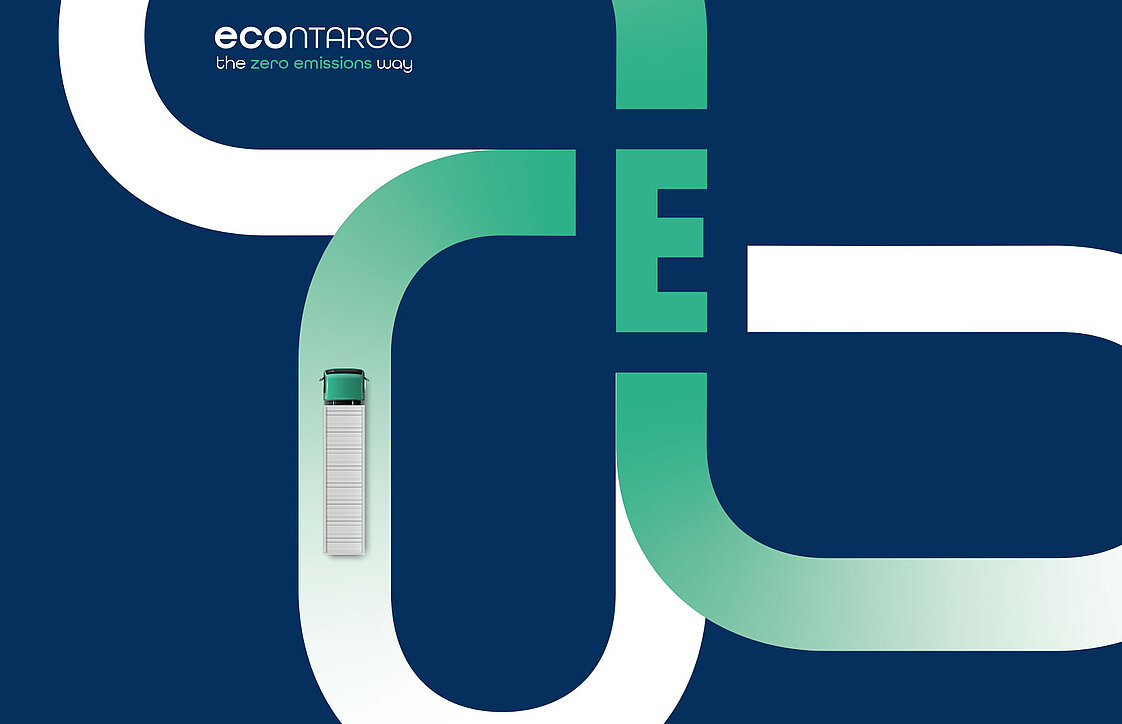Your partner in container logistics
TAKE THE BETTER ROUTE!
Contargo is one of Europe’s leading container hinterland logistics networks. We integrate container transport between the western sea ports, Germany’s North Sea ports and the European hinterland. Contargo’s network concept is based on three components:
// our own terminals as nodal points
// our own barge, rail and direct truck transport lines as interconnections
// order processing by competent central and decentralised customer service organisations
This concept makes Contargo the partner of choice for sea carriers, forwarders and all other players along the intermodal logistics chain in Europe.
The Contargo network combines the system-specific advantages of water, rail and road transport to optimal effect. The result: the goods reach their destination punctually with minimum resource consumption and at an optimal price. Another advantage: less congestion because the amount of traffic on the roads is reduced.
Our constantly growing logistics network currently includes 24 container terminals (mostly trimodal), 11 service offices and a number of partners. More than 1,280 qualified employees in six countries ensure that your goods reach their destination safely on a daily basis. To this end, they always choose the best combined transport solution, tailored to your requirements.

For Contargo, merely compensating for our CO2e emissions will not do! With econtago, the new green product that we have created for you, we are offering the first one-stop-shop solution for the mobility transition. In this way, we are together creating a basis for pursuing climate-neutrality – the zero emissions way!


Congestion in Antwerp and Rotterdam
The average waiting times for the handling of our barges in the sea ports are currently: